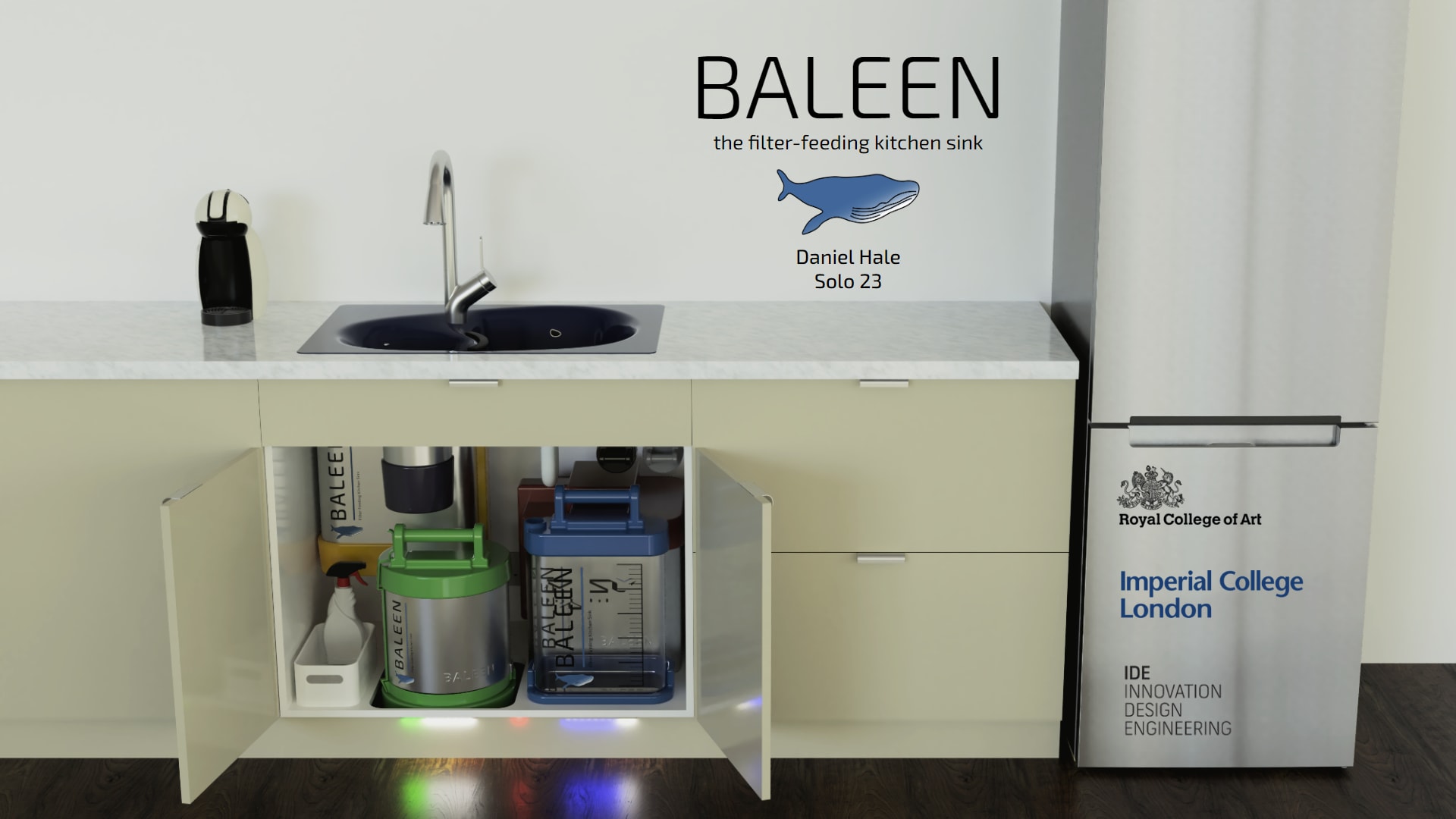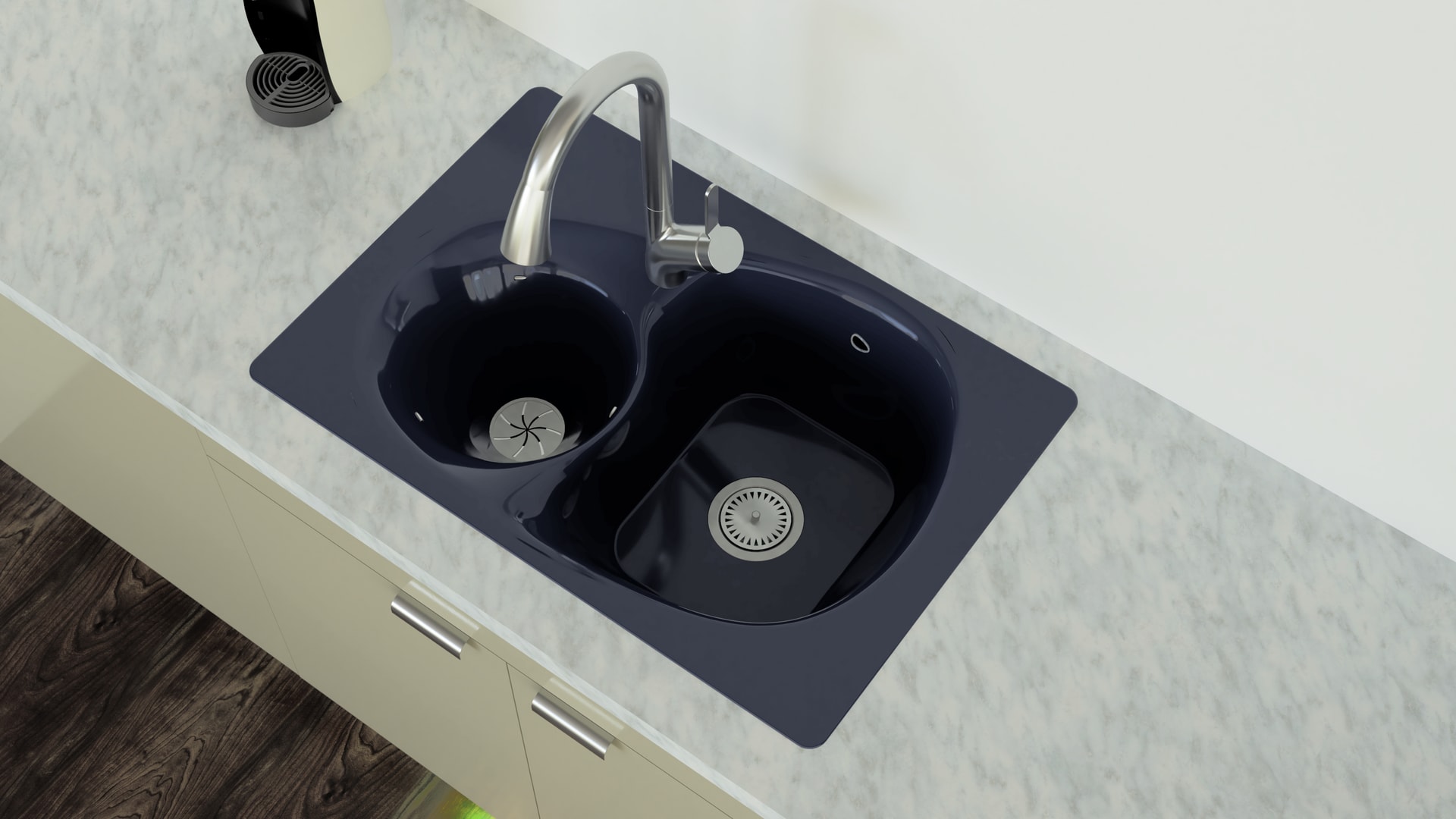Daniel Hale is a creative and driven first class manufacturing engineering graduate with a particular interest in the design and implementation of innovative materials, circular manufacturing processes and human-digital interaction. Now in the second year of the Innovation Design Engineering Programme at the RCA and Imperial College London, he combines technical discipline with creative design strategy on projects with a wide range of applications for good. Through continued reassessment of the innovation space, and development of his own practice, he aims to continue to work at the forefront of design and engineering to generate true positive impact on society.
Daniel Hale


I joined IDE after completing an engineering degree in order to develop my design practice through creative and collaborative projects. In the first year I explored the future of distributed creation, geometric craft and circular manufacturing. The broad range of activities and team roles gave me huge flexibility and necessitated constant learning that expanded my skillset and built my confidence. Ultimately I kept finding myself returning to some core design principles which became a thread through each project. These went on to shape the work I have been undertaking in the second year.
The second year has been an opportunity to double down on my skills and target areas I am passionate about, using the advanced design processes I have become familiar with. During the first half of this year, I worked with a fantastic team on our group project, which we called pleural. The aim of this project was to design for those with chronic lung illness, and a thorough experimental design process combined with human centred design thinking led us to develop a new tool for mucus clearance. Unlike anything else available, the innovative handheld device offers comprehensive guided chest physio therapy to be carried out autonomously by patients at home.
My main role was as technical lead on the team, designing the mechanisms and electronics of the more advanced prototypes. Mechanical design and manufacturing is something I have some experience in but I gained great pleasure in diving into less familiar territory, developing a trading-card inspired design-selection activity and interviewing medical experts and patients. I believe strongly in the potential impact of our project and, after exhibiting at both RCA WIP2023 and the Imperial College Spring Show, we have since reached the finals of Imperial College's Venture Catalyst Challenge and the Mayor's Entrepreneur Competition.
Since February, I've been working on my solo project. I knew I wanted to work on something related to the environment and utilise principles of regenerative systems design. After becoming interested in the whales that drive the ocean nutrient cycle, I started looking into nutrient cycles at a domestic level and specifically addressing the mess that is the way we manage our biodegradable waste from the home.
The final output from the project is a new kitchen sink appliance that processes all biodegradable waste into usable biogas and nutrient fertiliser for regrowth. I developed a functional 1:1 scale prototype through extensive experimentation and refined the user experience through interaction experimentation. I am very pleased to be exhibiting my work alongside my classmates at the RCA2023 exhibition taking place at the Truman Brewery.






